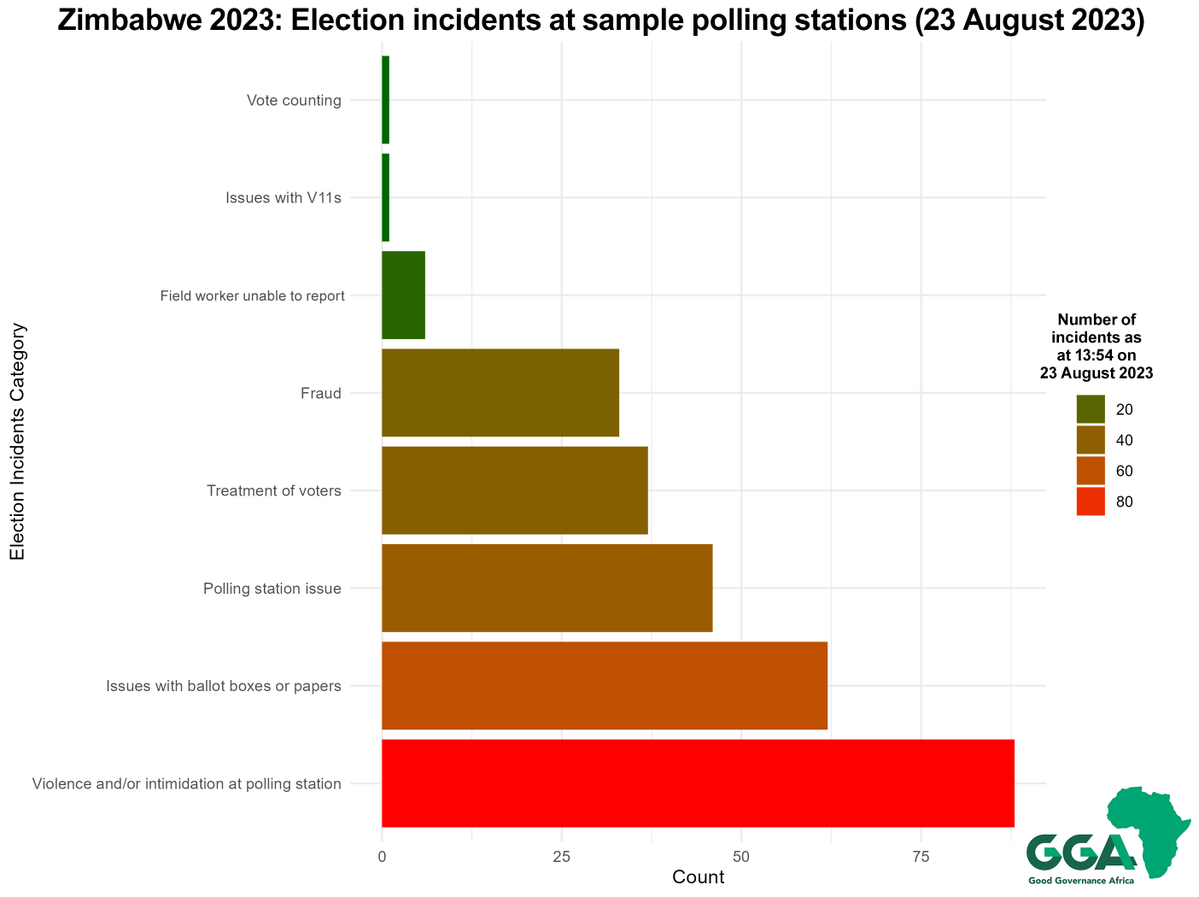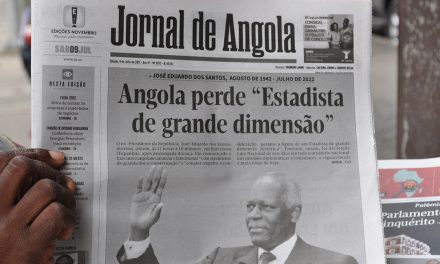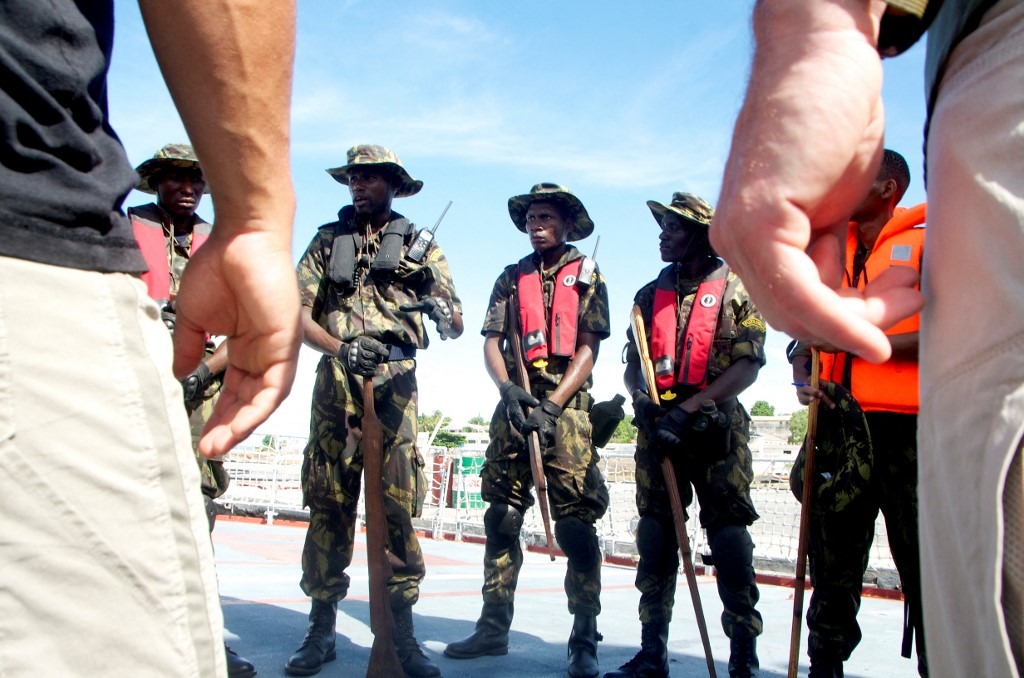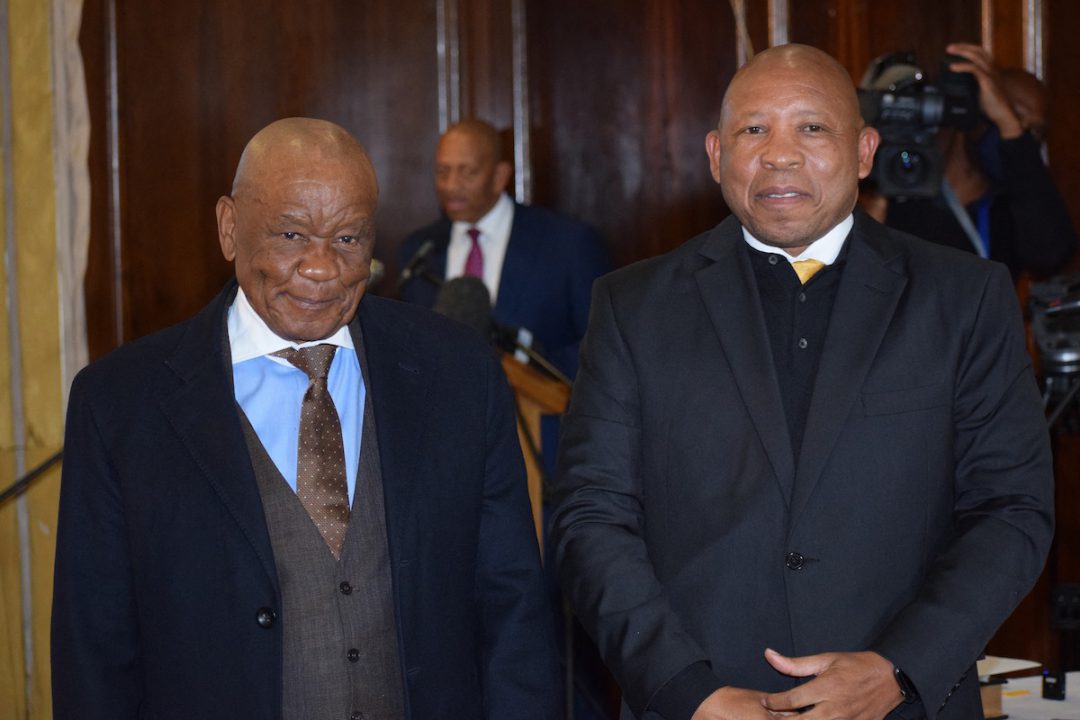Nomination Court Issues
Presidential Candidates
- On August 7, presidential aspirant Saviour Kasukuwere, filed an urgent High Court application challenging the Zimbabwe Electoral Commission (ZEC) over Statutory Instrument (SI) 140A of 2023, which extends the submission deadline for postal votes from August 9 to August 20, 2023.
- On 8 August, Douglas Mwonzora of the Movement for Democratic Change (MDC-T) announced his withdrawal from the Presidential race, citing his concern that a free, fair and credible poll was impossible. Reasons for his withdrawal include concerns about the delimitation report, the 21 June disqualification of 87 of his party’s parliamentary candidates, as well as denial of access to funding.
- On 11 August, High Court judge Justice Tawanda Chitapi dismissed with costs, Kasukuwere’s application stating that he was not persuaded as it lacked merit.
Comment
- Local state media reported that the ZEC had defied Mwonzora’s request stating that it should have been communicated to the Chief Elections Officer 21 days before polling day.
- This defiance has placed the ZEC under the spotlight. Veritas notes that the 21-day rule does not apply in this case since ballot papers are yet to be printed. The commission’s legal representative confirmed the status of ballot paper printing in the preliminary proceedings of the Saviour Kasukuwere case.
- Less than 10 days to the poll, there is little finality on the various nomination court challenges. Zimbabweans are likely to be heading for the polls with a disputed ballot paper which may also reflect double candidates.
- If these candidate issues remain unresolved, assisted voters may not only be confused but vulnerable to manipulation on polling day. Retaining Mwonzora’s name on the presidential ballot paper would mislead the generality of voters that he is still in the race, rendering votes cast in his favour spoilt.
- This lack of clarity and finality about the number of presidential candidates further erodes the electorate’s confidence in the ZEC’s capacity to hold a credible election.
- Concerning SI 140, Section 157 (5) of Zimbabwe’s Constitution states that there can be no changes to the Electoral Law or any other election-related law pertaining to the election in question after its proclamation.
- The ZEC has argued that the SI 140 amendment has been necessitated by the pending nomination court challenges.
Campaign Trail
- On 4 August, Zimbabwe’s political parties contesting in the 23 August elections signed a peace pledge spearheaded by the Zimbabwe Heads of Christian Denominations (ZHCD) as a commitment to peaceful campaigning and elections.
- On 8 August, the opposition Citizens Coalition for Change (CCC) launched, in Bulawayo, its manifesto, dubbed The New Great Zimbabwe.
- There are also reports of cases of election-related violence in some parts of the country with another report of the stoning of Elifanos Mupfumba, a CCC supporter and former councillor in Chiredzi.
Comment
- The signing of the peace pledge is a commendable call to the Zimbabwean electorate for political tolerance and the need to shun violence. However, more needs to be done, such as the Zimbabwe Republic Police carrying out comprehensive investigations and together with the judiciary enforcing punitive, deterrent measures for electoral perpetrators.
- The country’s political leadership also needs to transform their speeches to ensure they foster tolerance. The leadership should shun hate speech which often fans intolerance at community level which in turn escalates into physical
- The state media, in its analysis of the CCC manifesto, dismissed it as an endorsement of policies and projects that are already being implemented by the ruling ZANU-PF party.
Zimbabwe Electoral Commission Capacity
- On 11 August, the CCC Secretary for Elections Ian Makone made an urgent High Court application for a mandatory interdict for the ZEC to provide an up-to-date voters’ roll and final list of polling stations.
Comment
- It is a great concern that, with less than a week to the elections the High Court has dismissed the opposition CCC’s application on the basis that it is not urgent. Given the centrality of a credible voters’ roll to the running of an election, the ZEC has an urgent, constitutionally entrenched mandate to ensure availability and accessibility to both the electorate and opposition parties.
Election Observation and Issues
- Nevers Sekwila Mumba is the Head of the SADC Electoral Observation Mission (SEOM) already deployed. Zambia’s President Hakainde Hichilema, as Chair of the SADC Organ on Politics, Defence & Security, tweeted that he is optimistic for a peaceful & democratic process before, during & after elections.
- Amina Mohamed, Kenya’s former Cabinet Secretary will lead the Commonwealth Observer Mission. The observers will be in Zimbabwe from August 16 to 29.
- On 14 August, the Centre for Innovation and Technology (CITE) launched an online election dashboard with comprehensive details on Zimbabwe’s election landscape. CITE’s head of the IT department Sean Ndlovu said the dashboard is meant to provide election results in real time as the ZEC releases them.
Comment
- The presence of the observer missions in the run-up to the 23 August poll adds a welcome angle to the multi-sectoral efforts at observing, assessing the credibility and providing valuable insights on the elections.
- The CITE initiative is a critical and commendable step in buttressing citizens’ participation before, during and after the election period.
Recent statistics
- As this situation continues to unfold, here is an updated map showcasing cases of violence and intimidation at sample polling stations.
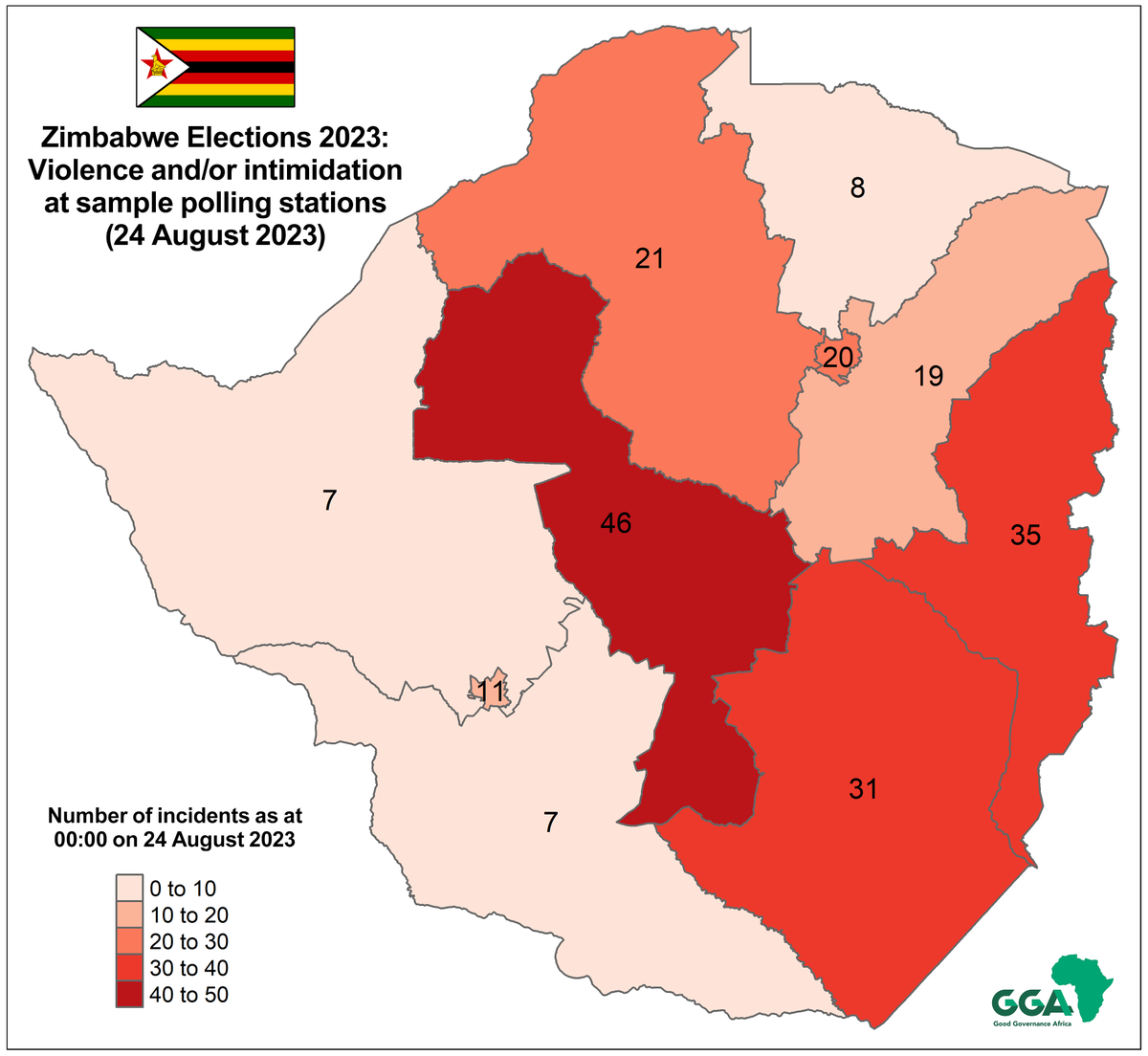
- Reports continue to pour in about certain polling stations in Harare and Bulawayo that remain closed due to a shortage of ballot papers. ZEC attributes this delay to printing issues arising from ongoing candidate-related court disputes. Responding to the situation, the Commission assures that those in line by 19:00 will exercise their right to vote. Furthermore, an extension has been granted for stations with delayed openings. However, prolonging voting into the late hours is not a viable solution—rather, it presents impracticality and potential risks.
